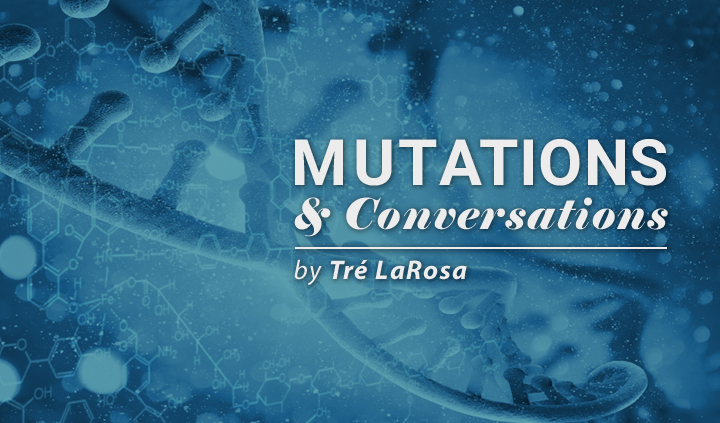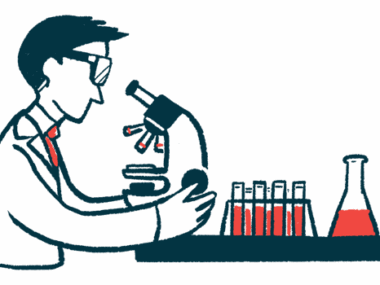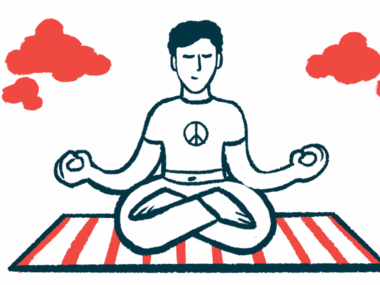An Obstacle on My Chosen Career Path Led to an Identity Crisis
Written by |

Toward the end of my time in college, I faced an identity crisis. For more than seven years, I had been dead set on becoming a physician. I had no question in my mind: I wanted to use my experience of cystic fibrosis (CF) for good by training to be a pulmonologist. I hoped to treat and inspire young kids to pursue their dreams without letting CF be more than one part of their story.
During premedical school, a student’s identity is centered around two numbers: GPA and the Medical College Admission Test (MCAT) score. GPA and MCAT scores are the most important qualifiers for medical school. Don’t get me wrong, the rest of a résumé matters, but only if the GPA and the MCAT score are above average. Until that point in my life, I overcame many challenges while remaining confident that I was destined to be a doctor.
I spent the summer before my senior year studying and taking the MCAT. I waited for weeks for my score. Coincidentally, and perhaps ironically, I received my MCAT score the same week that I began Orkambi (ivacaftor/lumacaftor) treatment.
That fated day, I was headed back to Lexington to start my senior year at the University of Kentucky. I remember my shock when I read my score on the online MCAT portal. Years of sleepless nights, hundreds of pots of coffee consumed, and countless hours of study culminated in a score that broke me. I sobbed in my car as my future dissolved; the only path I’d ever imagined was suddenly redirected into a brick wall. It felt as if all of my efforts were for nothing.
My dreams of being a physician were a balm that kept the fear of a life lived without purpose at bay. I believed that it was my responsibility — my fate — to treat CF. This burden of obligation transcended me. My desire to be a doctor had been so laser-focused, so etched into my history, that it felt as if I were disappointing anyone who had believed in me and any future patient I might have treated.
But life is funny. Following months processing my feelings and even rescheduling the MCAT — before subsequently canceling it — life opened itself up. It became clear to me that my sense of responsibility was predicated on one question: Without CF, who am I?
My identity crisis still lingers at the back of my mind like a stubborn ankle sprain. If a cure for CF were discovered today, who would I be? The path I eventually chose after college — to be a CF scientist instead of a doctor — would no longer exist. The other identity that I’ve inhabited — a writer — would, but my writing is personal narrative and mostly influenced by my life with CF.
CF, for all of its ills, is familiar. The lull of a nebulizer in the mornings and nights, the consoling, thumping embrace of the vest, the security in knowing that sometimes all I need is rest and recuperation. I don’t like CF, but it’s what I know. It’s all I’ve known. As I’ve gotten older, I’ve tried to change my perspective. Instead of seeing CF as a malevolent force, I’ve started to view it like gravity: a physical phenomenon that affects my life, whether I want it to or not. I can’t change that, I can only learn to live with it.
In life, we always want to change something. More often than not, the only action we can take is to change our perspective. Life with CF is difficult, but it’s allowed me to tell my story, just as it gave my sister the chance to tell hers. My sister changed lives with her openness and vibrancy. Of course, I hate that she had CF and that her life was so difficult, but she used her experience with the disease to make a difference.
It feels comfortable to retreat into it at times. I want CF to be a thing of the past, and I’m working toward that reality every day. But for now, I feel solace in knowing that CF has been a part of my life since birth. Viewing it any other way feels as if I’m hijacking my own positivity.
Follow along with my other writings on my humbly named site, www.trelarosa.com.
***
Note: Cystic Fibrosis News Today is strictly a news and information website about the disease. It does not provide medical advice, diagnosis, or treatment. This content is not intended to be a substitute for professional medical advice, diagnosis, or treatment. Always seek the advice of your physician or other qualified health provider with any questions you may have regarding a medical condition. Never disregard professional medical advice or delay in seeking it because of something you have read on this website. The opinions expressed in this column are not those of Cystic Fibrosis News Today, or its parent company, Bionews Services, and are intended to spark discussion about issues pertaining to cystic fibrosis.







Leave a comment
Fill in the required fields to post. Your email address will not be published.